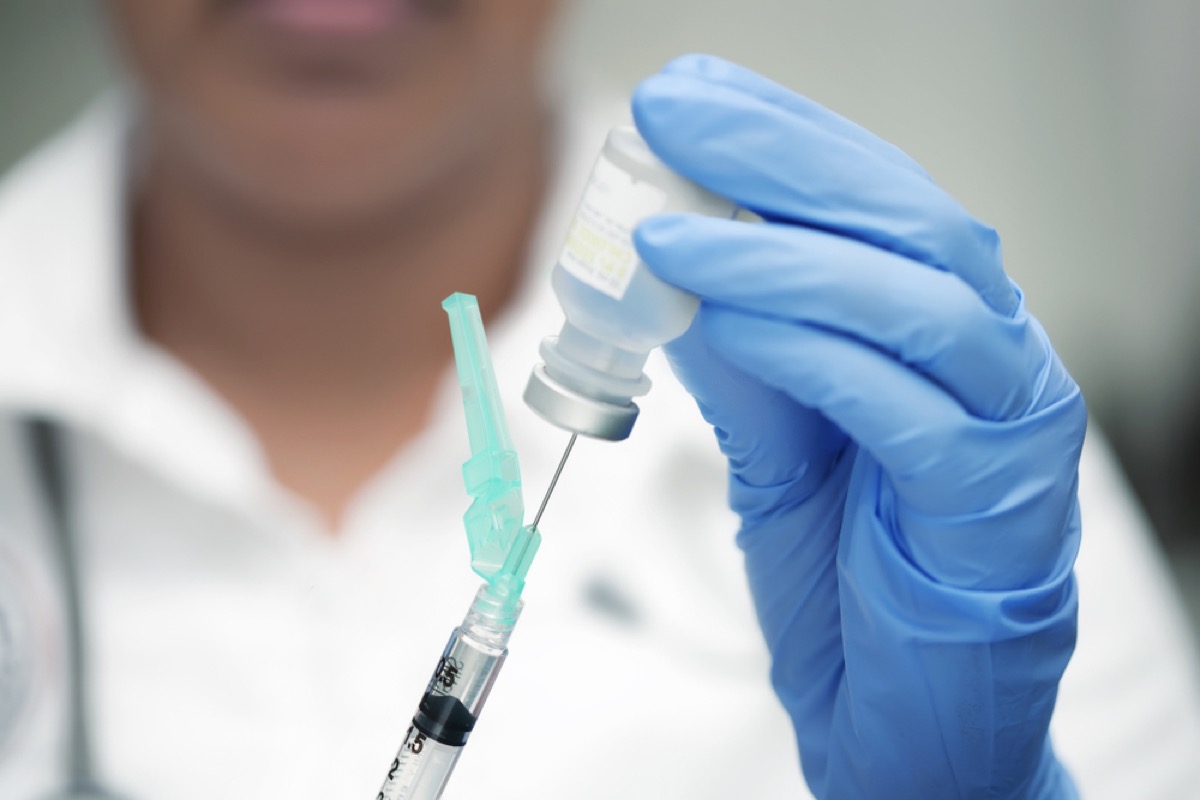“When we looked in the setting of COVID disease, we found that people who had prior vaccinations with a variety of vaccines—for pneumococcus, influenza, hepatitis and others—appeared to have a lower risk of getting COVID disease,” Andrew Badley, MD, an infectious disease specialist at the Mayo Clinic, told CNN on Aug. 10.ae0fcc31ae342fd3a1346ebb1f342fcb While there have been some promising developments, we still don’t have a vaccine for coronavirus. And even when we do, experts caution that it likely won’t be able to completely protect us against the virus. But as Badley explains, vaccines for other illnesses could be part of what immunologists refer to as “immune training,” or strengthening your immune system and better preparing it to fight off infections, even from novel pathogens like COVID-19. “A good analogy is to think of your immune system as being a muscle,” Badley said. “The more you exercise that muscle, the stronger it will be when you need it.” As CNN notes, there have been other studies conducted to determine if previous vaccines could prevent people from contracting COVID-19, or even keep them from becoming seriously sick with the virus. A July study published in the journal Proceedings of the National Academy of Sciences of the United States of America found a correlation between a tuberculosis vaccine and lower COVID mortality. RELATED: For more up-to-date information, sign up for our daily newsletter. It’s not just vaccines that might confer some level of immunity to coronavirus, however. Researchers are also looking into the role that T cells might play in COVID prevention for people who have been naturally exposed to other, less serious coronaviruses—anyone who got the common cold, for example. Those people’s immune systems might recognize COVID-19 despite never encountering that specific strain of virus before. While scientists work on an effective COVID vaccine, and researchers continue to study innate immunity to the virus, it’s important to behave as though you can get infected. That means sticking to the safety measures outlined by health experts and state officials, including wearing face masks in public and social distancing. And to know which mask to avoid, This Face Covering Is Actually Worse Than No Mask at All, Study Finds.
